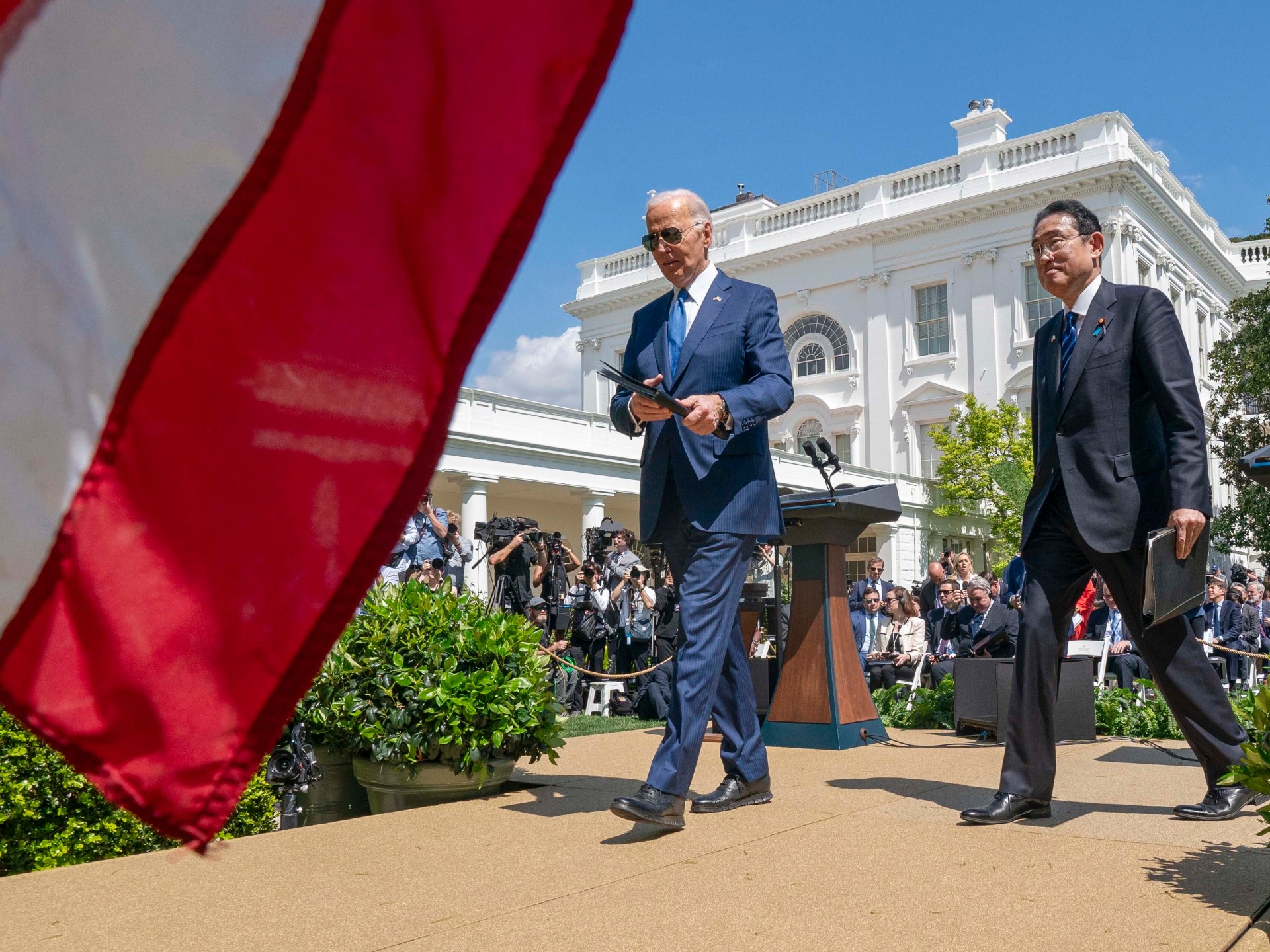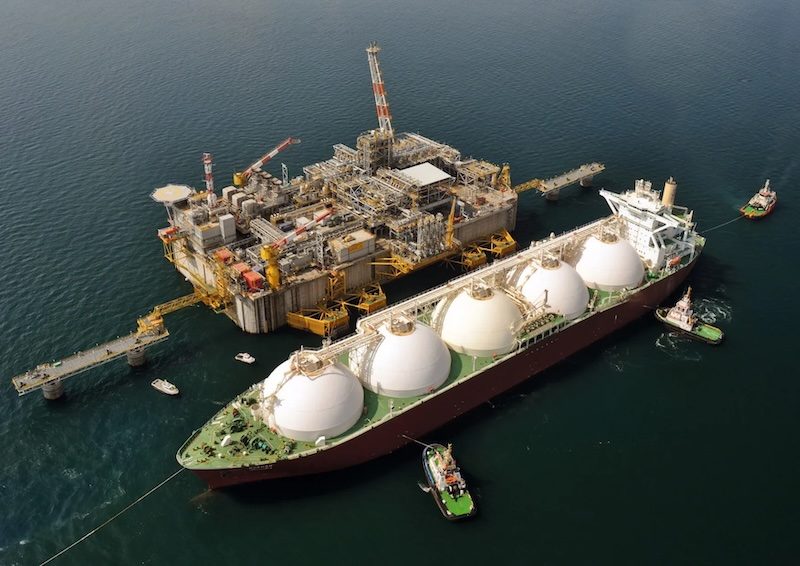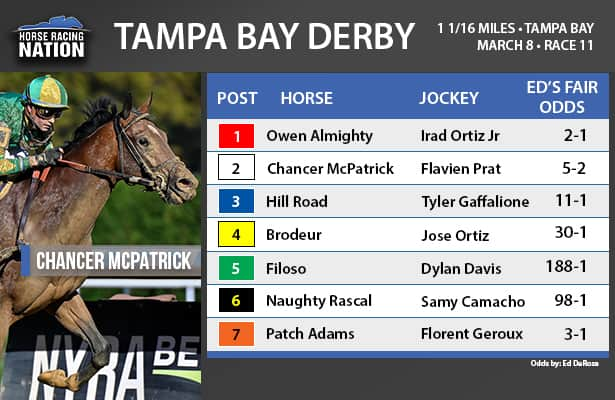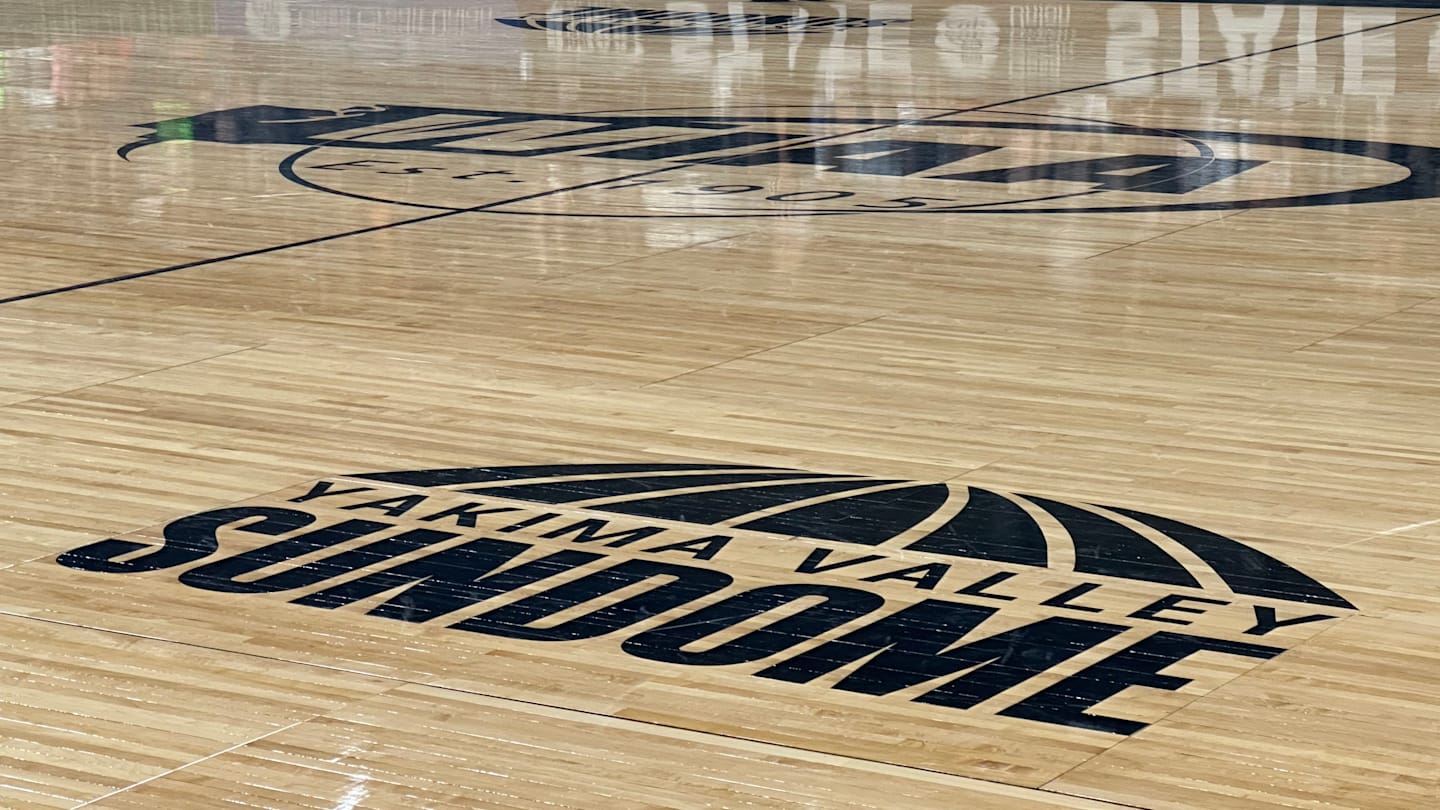Biden, Japan leader Kishida announce stronger defence ties in state visit

United States President Joe Biden has welcomed Japanese Prime Minister Fumio Kishida to the White House, with an upgrade in defence ties topping the agenda.
The meeting is only the fifth official state visit of Biden’s presidency, with the lavish events typically reserved for only the most formidable of US allies.
Moreover, the visits underscore an administration’s strategic priorities, with three of the four previous state dinners – South Korea, India and Australia – emphasising the Indo-Pacific region to counter what US officials describe as China’s increased military and economic assertiveness.
Beijing also loomed large on Wednesday, in a visit that began with Biden welcoming Kishida on the South Lawn of the White House. Biden hailed the “unbreakable” partnership between Japan and the US as “a cornerstone of peace, security, prosperity, in the Indo-Pacific and around the world”.
Kishida referenced the iconic cherry blossom trees that typically bloom in Washington, DC in spring, and were first gifted to the US by Japan in 1912.
“I am confident that the cherry blossom-like bond of the Japan-US alliance will continue to grow even thicker and stronger in the Indo-Pacific and in all corners of the world,” Kishida said.
The two men went on to discuss as many as 70 cooperation agreements in defence, space and technology during a meeting in the oval office, according to officials who previewed the event.
At a joint press conference, Biden announced what he described as the most significant upgrade in military ties since the alliance between the two countries began.
He said the countries would modernise their military command and control structures in Japan to increase interoperability and planning. He also said that Japan, Australia and the US will create a network of air missiles and defence architecture, in the latest move to increase coordination of allies in the region.
The US has about 38,000 troops stationed in Japan, with another 11,000 on US vessels in Japanese waters.
The move is the latest by the US to increase cooperation with key allies in the region.
Beyond strengthening the so-called Quad strategic grouping, which includes the US, India, South Korea and Australia, the Biden administration has also created the so-called AUKUS security partnership with Australia and the United Kingdom, which is helping Australia acquire nuclear-powered submarines.
The leaders of the US, Japan and the Philippines – another key US ally in the region – are also set to hold a first-of-its-kind trilateral meeting on Thursday.
For its part, Beijing has repeatedly accused Washington of “Cold War thinking” that has ratcheted up tensions.
On Thursday, Chinese Foreign Ministry spokesperson Mao Ning said the US and Japan had “smeared and attacked China on Taiwan and maritime issues, grossly interfered in China’s internal affairs, and seriously violated the basic norms governing international relations”.
“The US-Japan relationship should not target or harm other countries’ interests, and should not undermine regional peace and stability,” she said when asked about Kishida’s visit.
Nevertheless, both Biden and Chinese leader Xi Jinping have shown a willingness to engage diplomatically in recent times, with the two leaders holding a call earlier this month, their first direct communication since November.
The White House also announced on Wednesday a plan for Japan to join future US space missions, with Biden promising that a Japanese astronaut “will become the first non-American ever to land on the Moon”.
The two countries also announced a joint partnership to accelerate the development and commercialisation of nuclear fusion, an extremely high-yield, low waste form of energy production that scientists have been trying to harness for decades.
Speaking at the news conference, Kishida said that he and Biden had also discussed North Korea, which has continued to test more powerful missiles in recent years, as well as security in the Taiwan Strait, the waterway off of the self-governing island that China claims as its own.
He drew a direct link between Russia’s war in Ukraine and concerns in the Indo Pacific region.
“Unilateral attempts to change the status quo by force or coercion is absolutely unacceptable, wherever it may be,” Kishida said.
“Regarding Russia’s aggression of Ukraine … Ukraine today may be East Asia tomorrow,” Kishida said.
When asked about a planned $15bn acquisition of the US steelmaker US Steel by Japan’s Nippon Steel, which both Biden and former President Donald Trump have criticised, Kishida said he hoped to cement a “win-win relationship”.
In the evening, Biden was scheduled to host Kishida at an opulent state dinner, with the State Floor of the White House transformed into a “vibrant spring garden;” First Lady Jill Biden is responsible for the event’s planning.
The meal served by White House chefs will include house-cured salmon, aged rib eye with wasabi sauce, and salted caramel pistachio cake with cherry ice cream.
After dinner, singer-songwriter Paul Simon will perform. Kishida is the first Japanese leader to be invited for an official state visit since former Prime Minister Shinzo Abe in 2015.
Related
Qatar-backed US LNG export project back on track
QatarEnergy Qatar holds a 70 percent stake in the Golden Pass LNG Terminal in Texas A liquefied natural gas export projec
Stobox Joins Qatar Financial Center Digital Assets Lab
Doha, Qatar, March 06, 2025 (GLOBE NEWSWIRE) -- Stobox, one of the leading global tokenization platforms, became a member of Qatar Financial Center Lab –
Doubleview Gold’s Stock Surges Amid New Partnership – TipRanks.com
Doubleview Gold ( (TSE:DBG) ) is experiencing volatility. Read on for a possible explanation for the stock’s unusual movement. Doubleview Gold Corp.’s stoc












